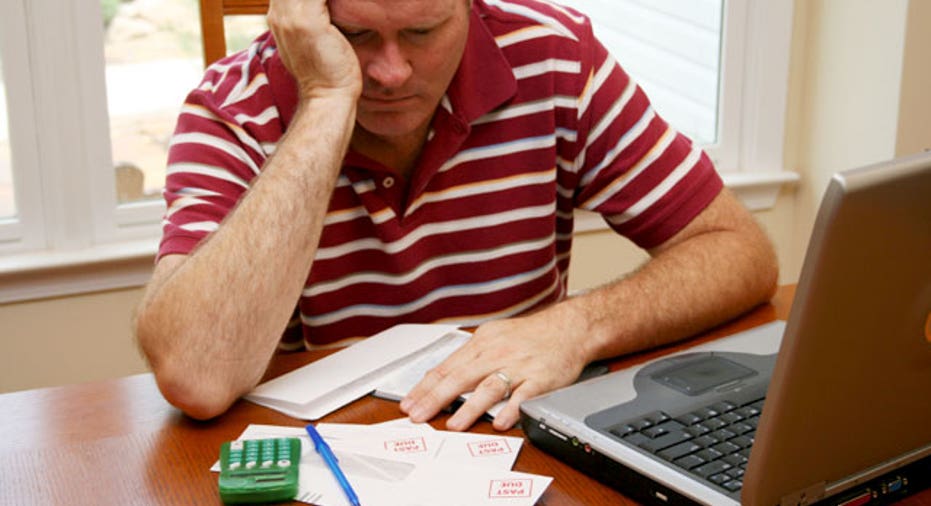Keep Paying Loan in Charge-Off

Dear Debt Adviser,
I live in the state of Texas. A few years ago I had two to three credit cards -- small amounts, adding up to $3,000 total -- and one large loan charged off. I was in a bad financial bind at the time. The one large loan was a home improvement loan for approximately $30,000.
Once I got back on my feet financially, I started paying back the home improvement loan at the same payment amount. I believe I went about 10 to 11 months with no payments being made. I am now being told that it may not be in my best interest to pay any of these back. I had full intentions of paying all of them back, regardless of the charge-off. I am being counseled to get "debt validations, etc." Once you already have a charge-off, is it in your best interest to pay them off or not?
-- Terri
Dear Terri,
Whoever told you that not paying your debts may be in your best interest is dead wrong! Asking for validation of a debt that you are not sure is yours or one that you know does not belong to you is a good idea. Requesting validation for a debt that you know you owe is a stalling tactic. The fact that a debt has been charged off by the original lender does not mean that the debt goes away or is no longer owed. It simply means that 90 to 180 days have passed without payment, and the lender has moved the account from an asset to a liability on its books.
I am surprised your home improvement loan creditor did not threaten foreclosure proceedings, considering the loan is secured by your home. It may be that the lender had too many nonpayment loans to deal with and just didn't get around to yours. Whatever the reason, if you haven't done so already, I would recommend you communicate with the lender and verify exactly what you owe on the loan and whether the lack of payment for so long has affected the terms of the loan. It may be in your best interest to request refinancing the loan if large fees and penalties were added due to nonpayment. Check your loan paperwork to determine what default consequences are included in the terms.
One reason you may be getting advice not to pay the charge-offs is that payment does not immediately improve your credit. However, nonpayment will likely result in collection activity that could end in court action, legal fees, years of bad credit, wage garnishment and/or home foreclosure. In addition, it is unlikely you will qualify for another loan, at least at affordable terms, unless you pay your charge-offs. A new lender will want to see that you pay your debts before giving you any more credit or better terms.
My recommendation is to continue paying what you owe. As you make good on your charge-off accounts and continue to pay on time and as agreed on your other accounts, your credit will improve. Two to three years from now, the negative effects from the charged-off accounts will be greatly diminished.
Good luck!
Bankrate's content, including the guidance of its advice-and-expert columns and this website, is intended only to assist you with financial decisions. The content is broad in scope and does not consider your personal financial situation. Bankrate recommends that you seek the advice of advisers who are fully aware of your individual circumstances before making any final decisions or implementing any financial strategy. Please remember that your use of this website is governed by Bankrate's Terms of Use.



















